Volunteer stories
We'd like to thank the 600 people that participate in the NRS, and give a special mention to the dedicated volunteers who have been involved in the NRS every year for the last two decades or more.
Our volunteers come from all walks of life and we’ve asked them to tell us what they enjoy about being involved in the NRS survey.
"I enjoy the challenge of finding nests and the commitment to the re-visits, ringing the young and following their progress. Knowing that my records can contribute to help scientific advancement and enhance bird and habitat survival is satisfying"
Kevin Briggs (started in 1980)
"I still have notes from May 1960 where I found 25 nests of over 10 species in a single morning field trip. Each year near my home I would find a couple of Grey Partridge nests full of the olive-coloured eggs, or occasionally the nests of Turtle Dove, this would be a very special sight now"
Richard Denyer (started in 1975)
"I started nest recording in the 60s, initially looking for blackbird and song thrush nests. Then I discovered nest boxes! Since the early 80’s I have monitored hundreds of them. In the early days it was all on cards but how much easier it became on B ring and then IPMR. It is so simple to get the statistical data now"
Dave Francis (started 1968)
"For me the main driving force has been the monitoring of a number of local patches to assess the effect of habitat change, weather and species change. This was not my intention at the start but it gradually developed. I hope to have many more years of nest recording, with much new knowledge to gain"
Jim Hodson (started in 1992)
"Nest finding is a challenging and very rewarding activity which must be carried out with nest safety the priority, and disturbance of surrounding vegetation kept to an absolute minimum"
Derek Holman (started in 1969)
"Long term nest monitoring of Goshawk, Dipper, Pied Flycatcher and Wood Warbler, have proved to be very satisfying, while at the same time providing useful data on their breeding biology"
Jerry Lewis (started 1975)
"When I started nest-recording in the early 70s, there was very little assistance or guidance available - that's why I was keen to become a mentor. My greatest triumph as a nest recorder was having my data included in a Bird Study paper on Blackbird nest spacing. Every year I try to find some nests of species that there have been less than 50 records the previous year"
John Lloyd (started in 1972)
"The sheer enjoyment of being out early in the morning and learning about birds and their nest site preferences, the lows when a nest is predated or is full of dead chicks, the delight when nests fledge and the sheer feeling of achievement when finding the more allusive species like Bullfinch and Goldcrest has to be experienced"
Frank Mawby (started in 1991)
"I was initially a bit diffident about approaching nests so I began slowly and carefully. The thrill of discovering a nest, either in a box or a bush, even if it is one’s 500th Blue Tit, never fades and is even greater when it is a new species you have never found before"
Roger Peart (started in 1972)
Geoff Shaw (started 1978)
"In the mid 1970’s I began my teaching career in the Highlands. On arrival at the school I discovered that not only had the previous head teacher been a keen egg collector many of the current pupils were still actively engaged in this nefarious activity. I started a Bird Club, got the pupils involved in building bird boxes, ringing and off course nest recording. There was much competition among the pupils to find nests and complete cards"
Bob Swann (started in 1966)
"This year I'll be helping with the second nest recording course in Cornwall. I'm looking forward to passing my skills onto the next generation of nest recorders. In my opinion it’s so important to have longevity of records so that we can monitor the changes that occur in our bird populations"
Bruce Taggart (started 1978)
"During an incredible five years in Botswana in the late 1990s I was able to encourage nest card-filling for the fledgling BirdLife Botswana"
Steph Tyler (started in 1967)

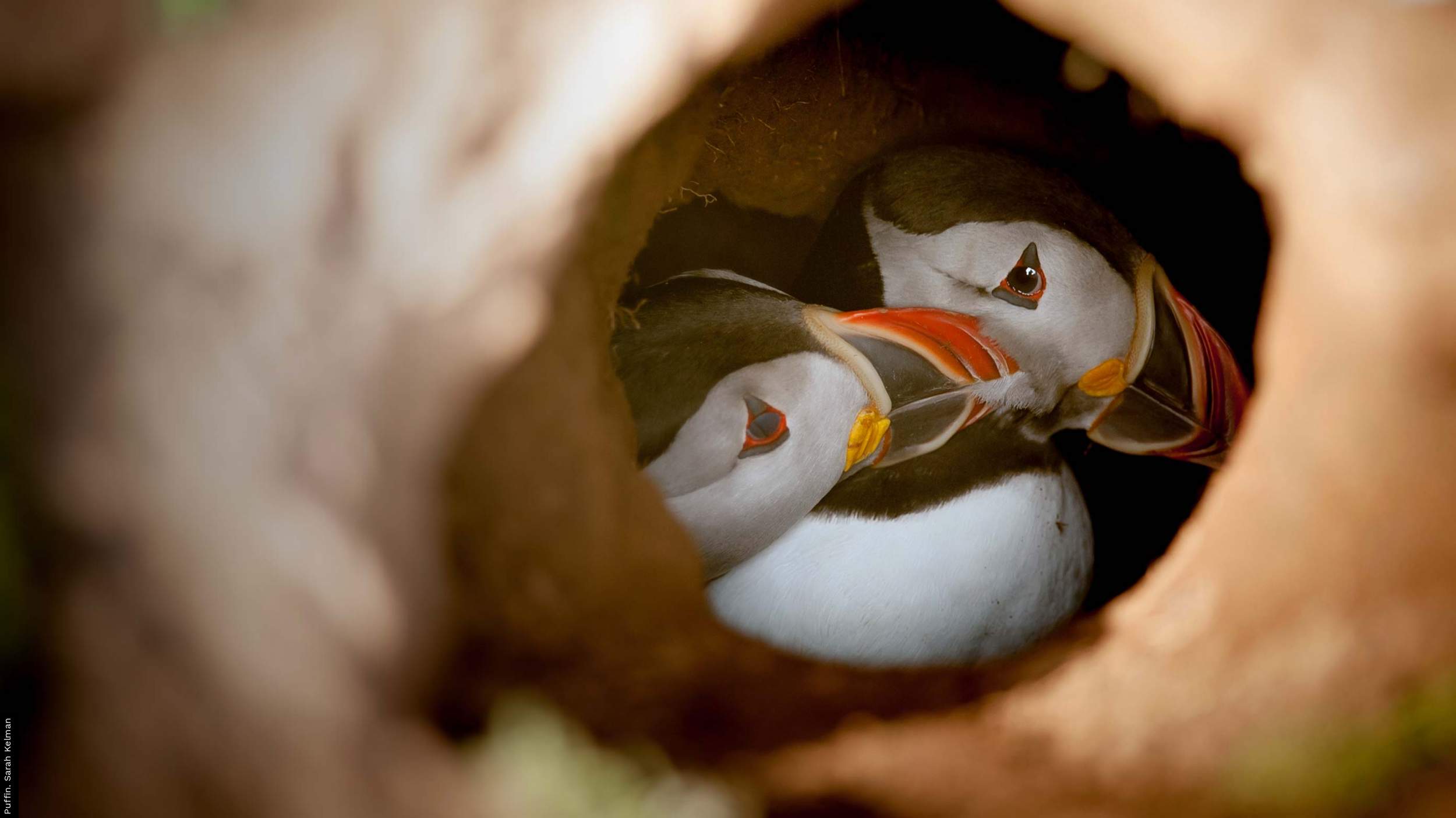
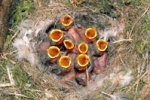
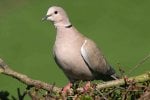
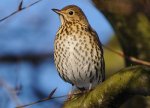
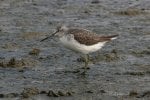
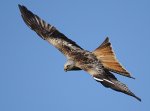


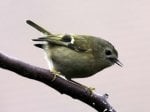
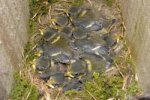

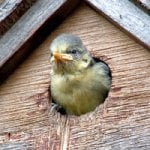
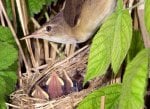
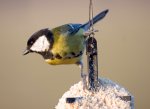
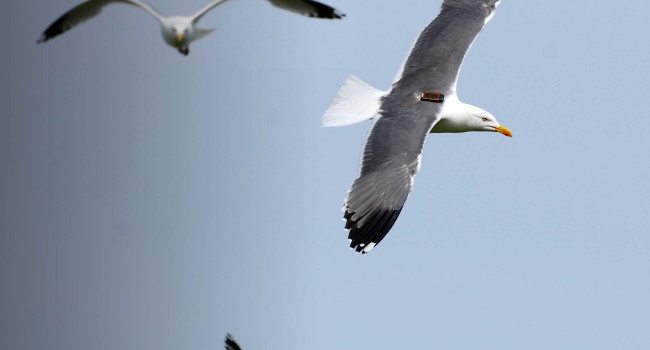
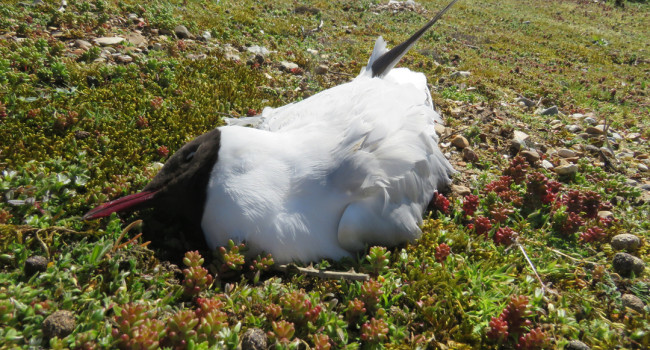
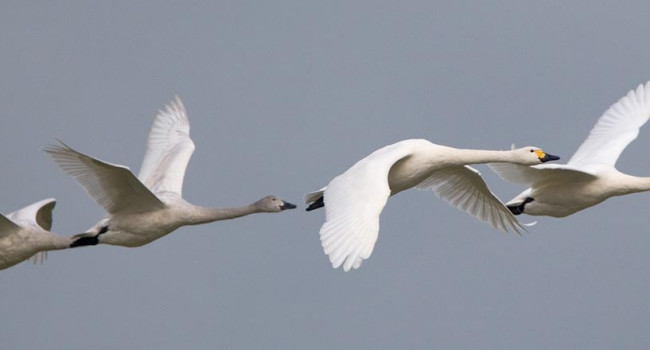

Share this page